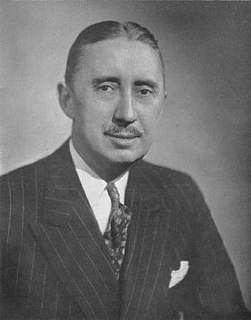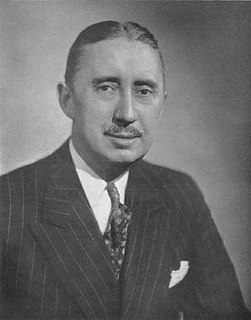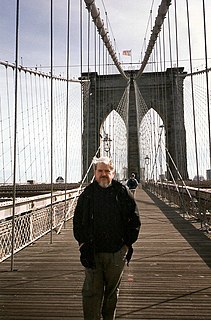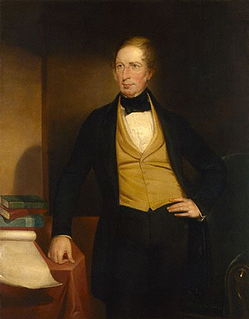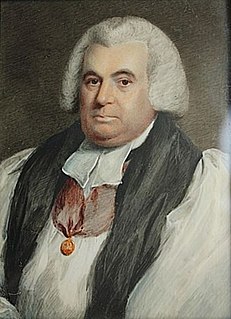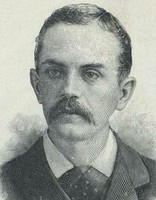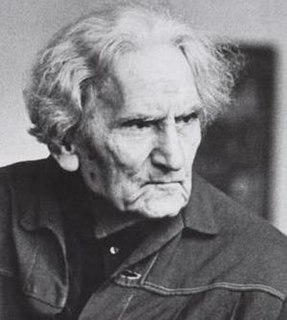A Quote by Ralph W. Sockman
The larger the island of knowledge, the longer the shoreline of wonder.
Related Quotes
Faced with the immensity of the universe, Job realized that there are limits to man's rationalizing, that we cannot find where the cloud of sorrow starts, that all our boasted knowledge is but an island in the vast ocean of mystery, and as the island of knowledge grows larger, the shore line of mystery becomes longer. At the end of his wits, he surrendered in trust to a Higher Wisdom.
I had a foretaste of another, larger kind of knowledge: one I believe human beings will be able to access in ever larger numbers in the future. But conveying that knowledge now is rather like a chimpanzee, becoming a human for a single day to experience all of the wonders of human knowledge, and then returning to one's chimp friends and trying to tell them what it was like knowing several different Romance languages, the calculus, and the immense scale of the universe.
Surely knowledge of the natural world, knowledge of the human condition, knowledge of the nature and dynamics of society, knowledge of the past so that one may use it in experiencing the present and aspiring to the future--all of these, it would seem reasonable to suppose, are essential to an educated man. To these must be added another--knowledge of the products of our artistic heritage that mark the history of our esthetic wonder and delight.
